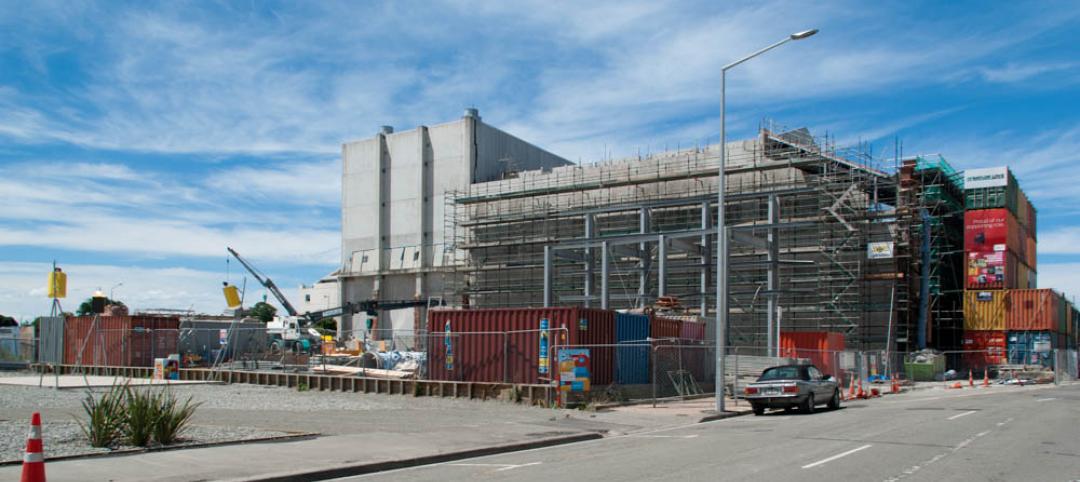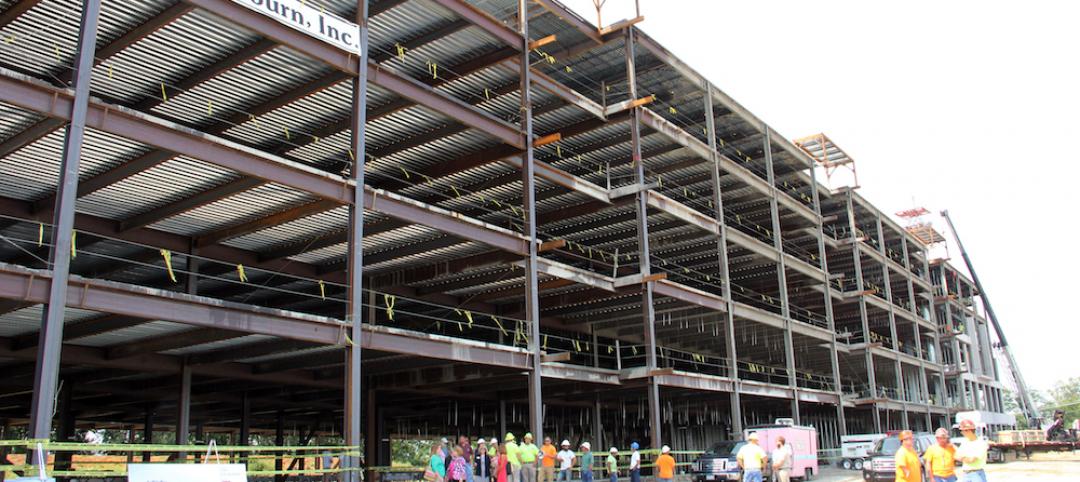Pittsburgh Mayor William Peduto recently signed an executive order to fight construction fraud, promote worker safety, and protect city tax revenue.
The city recently experienced incidents involving unreported cash payments by subcontractors on construction projects. The Construction Fraud Executive Order cracks down on construction companies that commit tax, insurance, and workers’ compensation fraud.
It also aims to stop companies from paying workers in cash to avoid taxes. These practices allow corrupt firms to outbid honest ones and contribute to lost wages, decreased tax revenue, and unsafe and hazardous work sites, according to a news release from the mayor’s office.
The city’s department of Permits, Licenses and Inspections, and its Finance Department, will form a committee with several local building trade groups to examine city code and to create more accountable and transparent construction development processes. The executive order requires that contractors or developers receiving city subsidies must report all workers on the project site.
Related Stories
Green | Jul 6, 2016
U.S. healthcare system’s GHG emissions rise 30% in past decade
If U.S. healthcare were a country, it would rank 13th in GHG emissions.
Codes and Standards | Jul 5, 2016
State legislature fails to pass law to extend design-build for New York City projects
Would have allowed five city agencies to use alternate delivery method.
Energy | Jun 30, 2016
Energy Department partnership with CoStar Group will study sustainability impact on property valuation
Database will offer rich data set on energy-efficient buildings in the U.S.
Contractors | Jun 30, 2016
Chicago contractor found guilty of fraud on city’s requirement on minority-owned businesses
Alleged to have been sham business in bid to win city public works contract.
Codes and Standards | Jun 29, 2016
OSHA starts evaluation of construction industry noise standards
New studies indicate significant number of construction workers suffer hearing loss.
Seismic Design | Jun 28, 2016
ASTM International updates seismic risk standards
Expected to improve consistency of risk evaluation on commercial real estate transactions.
Codes and Standards | Jun 17, 2016
Feds publish framework for evaluating public-private partnerships
No single factor determines whether a project yields stronger benefit as a P3.
AEC Tech | Jun 17, 2016
Driverless cars could soon start impacting commercial, retail project design
Offsite parking and more space for valet parking lines are among the foreseeable changes.
Codes and Standards | Jun 17, 2016
Bay State moves toward single BIM protocol on state projects
Massport’s guidelines a step forward for integrated BIM initiative.
Multifamily Housing | Jun 14, 2016
San Francisco voters approve tougher affordability requirement on new housing development
Critics charge that the measure may backfire and actually reduce new affordable units.

















